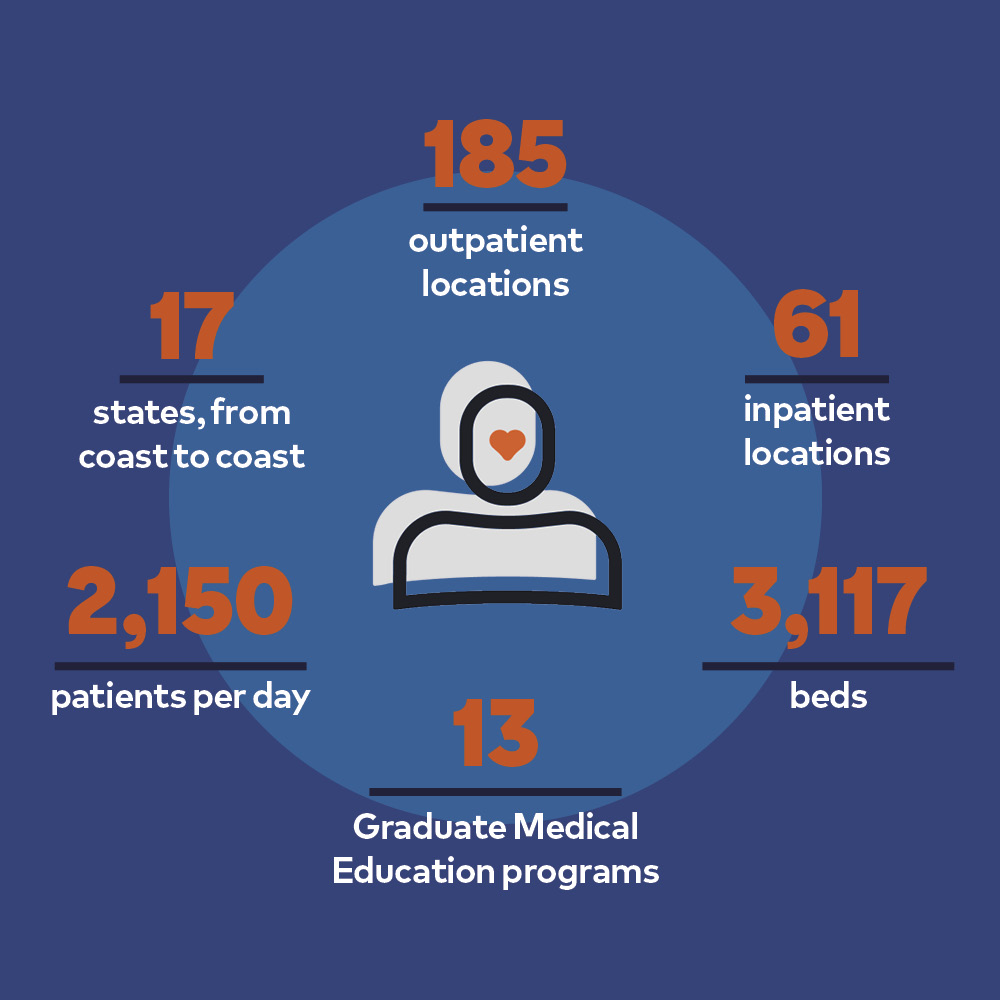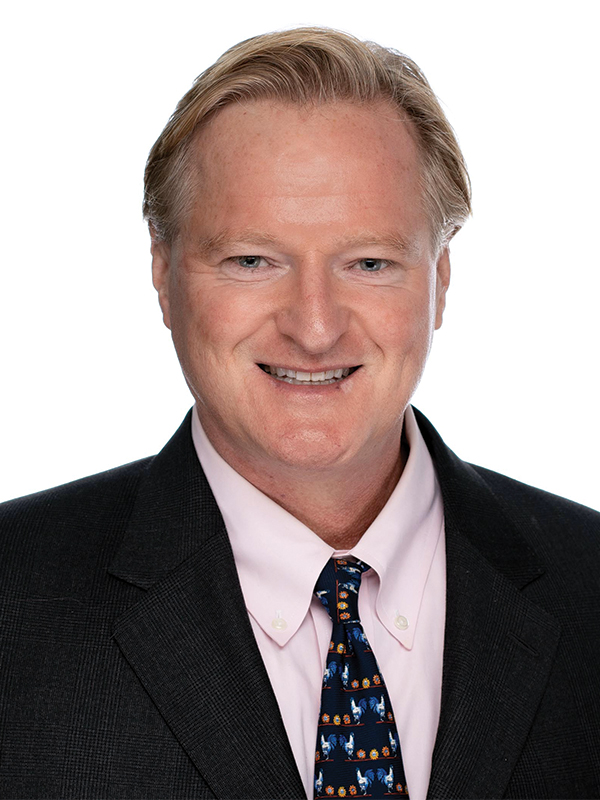As the pandemic lingers, HCA Healthcare facilities are more prepared than ever to engage that reality. The challenges facing behavioral health services, however, remain daunting.
Roughly 1 in 4 people experience mental illness, and nearly 60% of adults with a mental illness aren’t receiving mental health treatment services.
“We’ve learned a lot in the last two years,” says Dr. Drummond. “The goal is to press forward and elevate that as a priority for the company, for our employees and our communities.
“HCA Healthcare has doubled down its commitment to investing in behavioral health, with an increase in training programs and in behavioral health centers of excellence across the country,” Dr. Drummond continues. “We are going to have a bigger scale of available resources for people who have emotional needs across the spectrum.”
This access extends to colleagues, including colleague rounding, Vital Voices engagement surveys, Employee Advisory Groups and colleague networks that focus on common bonds (such as Hispanic/Latinx, LGBTQ and veterans), and mental wellness.
“Our people find purpose in their jobs, and they really take that mission to heart. I’m just very proud of the work that they do in both our inpatient and outpatient facilities, and in taking care of their colleagues as well,” says Amy Rushton, DNP, APRN – BC, HCA Healthcare’s chief nursing executive and vice president of Behavioral Health.
HCA Healthcare’s robust benefits offerings include caregiver wellness programs, the Thrive toolkit to help colleagues reduce stress and create healthier habits, the intranet site Atlas — a central clearinghouse of resources including the Wellbeing Hub and Doctor on Demand, where colleagues can speak to a medical expert confi dentially and free of charge 24/7.
“Hospitals and divisions have some local programs, like a chat with one of our therapists during a wellness hour,” says Amy. “We have areas called Zen rooms, where staff can relax and listen to music or just quietly journal. So, throughout the organization, there’s been a lot of work done to bring those resources to all people who work at HCA Healthcare.”






